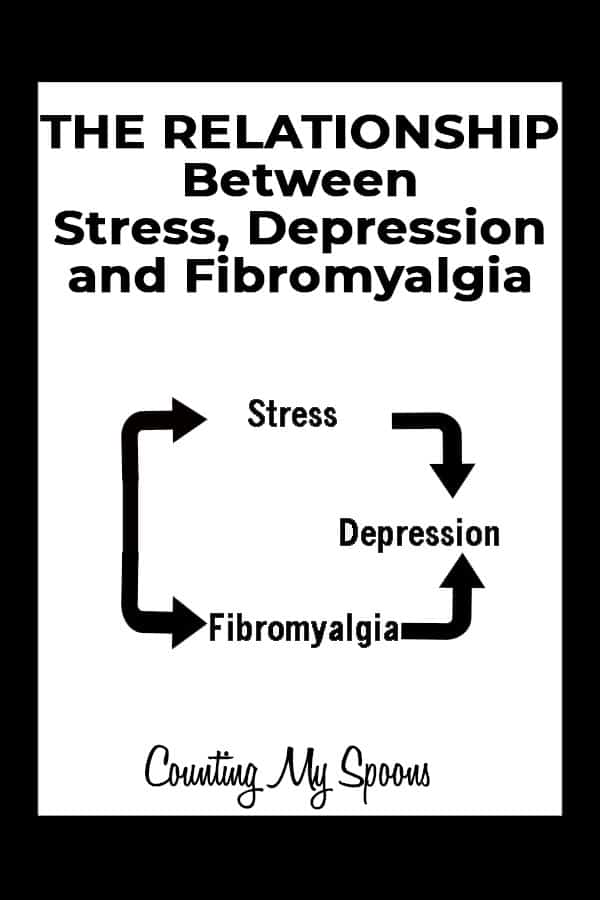How are fibromyalgia and depression related?Fibromyalgia is a syndrome characterized by the presence of generalized chronic musculoskeletal pain, in addition to pain, there are other associated symptoms, such as fatigue, sleep disturbances, paresthesias in the limbs, tingling in the hands or morning stiffness.
So far there is no intervention or treatment to cure fibromyalgia, so existing treatments focus exclusively on mitigating or eliminating the impact of various symptoms, such as pain, sleep problems or emotional discomfort.
- With regard to psychopathology.
- It has already been observed that the prevalence of depression is higher in groups of patients with fibromyalgia.
- Compared to the rest of the population.
- We will deepen this relationship in this article.
There are lines of research describing a possible relationship between pain and certain personality variables, and evidence has already been found to support the theory that there is a strong correlation between certain personality traits and chronic pain.
On the other hand, a high incidence rate of depressive mood has also been observed in patients suffering from pain, and the common assumption is that mood causes pain.
Among pain-related disorders, we’ll focus on this article on fibromyalgia. Rheumatological syndrome is a rheumatological syndrome characterized by generalized pain, considered chronic and whose main symptom is central sensitization that manifests itself as diffuse pain that affects the whole body.
Among the causes already proposed for this syndrome are, among other factors, emotional problems, in this sense the involvement of emotional variables such as anxiety and depression is already recognized, with data when 30% of fibromyalgic patients had depressive symptoms. during the consultation and 60% have depression at some point in their medical history. Still, the implications of these emotional disorders and the etiology, as well as evolution, of fibromyalgia are unclear.
In 2004, research was initiated at the University of the Balearic Islands to study the relationship between fibromyalgia and depression, with the aim of checking whether fibromyalgia patients had a specific profile in the manifestation of this mood disorder.
With regard to depression, it was observed that there are no significant differences between patients who also have fibromyalgia and healthy patients, could this be a sign that depression can precede or accompany fibromyalgia, even if it is not a factor directly involved in etiology?medical terms?
What already seems established is that the existence of a relationship between fibromyalgia and depression is more a matter of comorability, both disorders appear at once, or the depressive state may result from fibromyalgia. fibromyalgia patients would be a consequence of pain interference and other symptoms of daily life.
The relationship between fibromyalgia and depression is more a matter of comorability.
Symptoms of the syndrome, such as tiredness, would prevent people from performing their usual activities, while preventing them from participating in certain projects by anticipating the likelihood of suffering at any given time, which would result in a loss of enhancers or motivating stimuli in the patient’s daily life, which would eventually trigger a depressive disorder.
To carry out depression prevention, we can use several tools, as shown below:
Thus, the results obtained can have important implications for the professional activity of prevention and treatment, if depression is not the cause, but a consequence of fibromyalgia, this could lead to the development of specific intervention programs, based on the tools we have just described. , aimed at this population.

